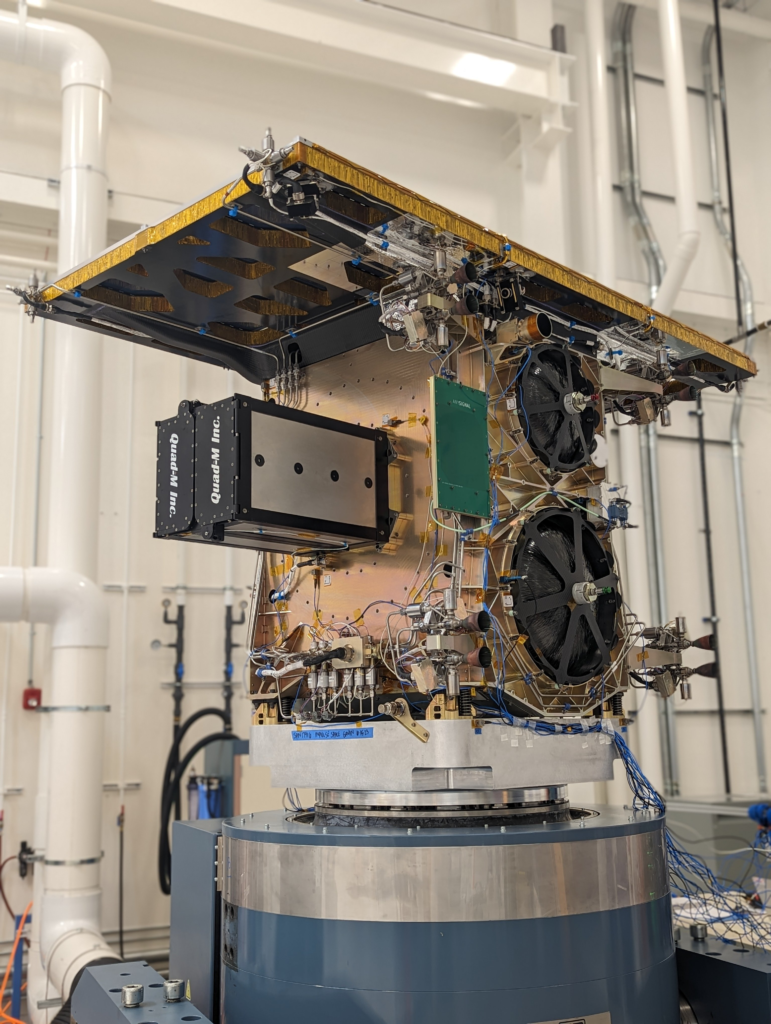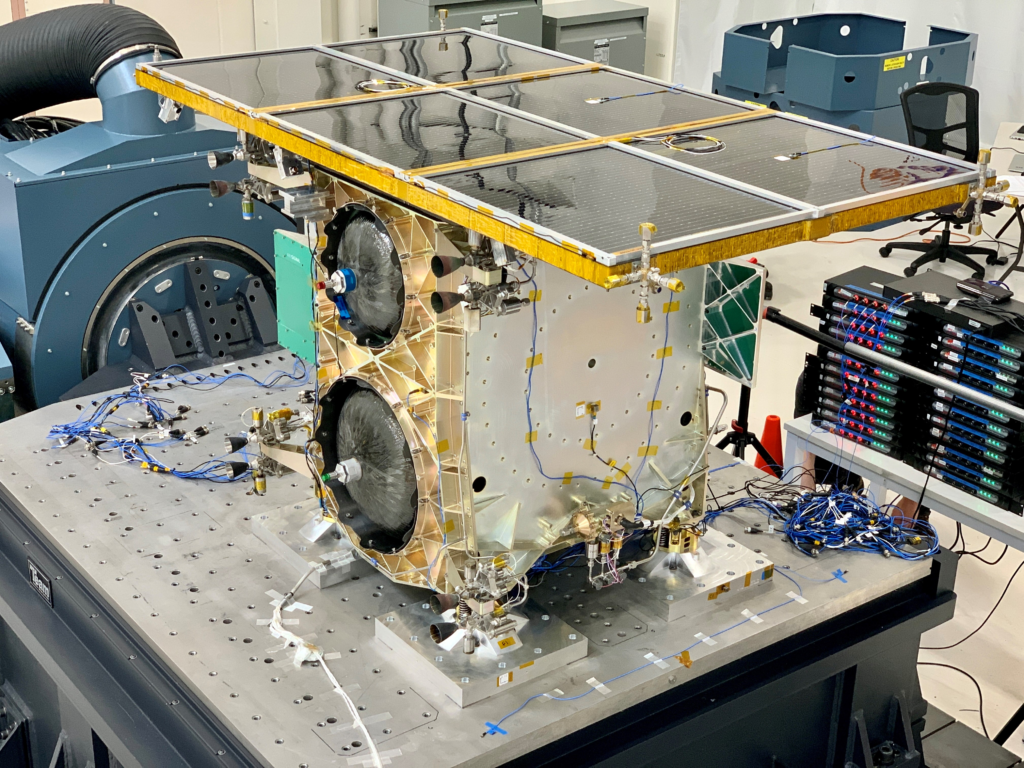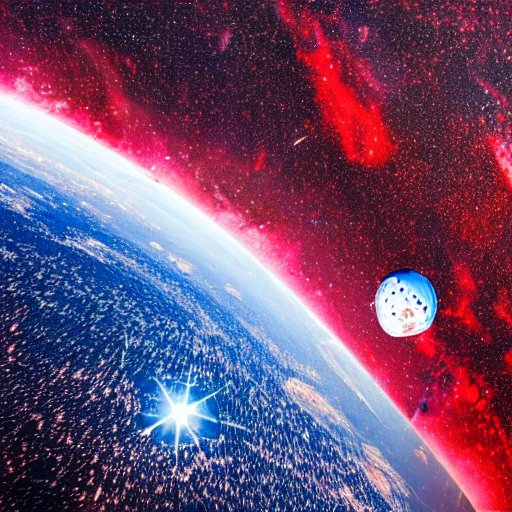Introduction
SpaceX Transporter-9 is coming, scheduled for October 2023 it will be the first mission for Impulse Space Mira Spacecraft. This post looks at a couple pictures released for serial number 1 and 2.
Impulse Space
- Founder and CEO: Tom Muller
- Founded: September 2021
- Raised: $30M
Mira Spacecraft
General
Two pictures have been released by Impulse Space about Mira.


Great! From here lets guess:
- Two main propellant tanks, Ethane and Nitrous Oxide
- “Faces”
- Top: Solar panels
- Bottom, Interface to vehicle, no visable sep system
- Back: Unseen side
- Sides: Payload mounting
- Front: Tank filling/drain
- Solar panel mounted, t-style/mushroom
- 4x main thruster cluster (2x each cluster), differential thruster
- 4x ACS nozzle cluster
- 2x Anysignal antennas facing in opposite directions
- 2x 6U cubesat dispensers
All dimensions are extrapolated form using the shaker bolt pattern size and payload bolt pattern assumptions. 36x bolts = 24in diameter.
Payload
From the pictures looks like two dedicated sides for payload are available. Each has a 15 and 24 in interfaces with 24 and 36 bolts.

On the SN2 pictures there are what looks like 2x 6U deployers from Xterra (datasheet). Height is around 17 in, that tell us the overhang of the solar panels is larger than that.

Solar
Solar panels flat integration should be smaller than 119×46 in to fit within the provided available space for rideshare missions. Guestimate is to be around 80×40 in. Assuming efficiency 20-30% and solar flux 1361 W/m2, power should be from 400-600W.

Propulsion
Mid last year Impulse Space released a cool video with more details about the propulsion system testing.

Four clusters of thrusters, each has two engines. Using differential throttling (no apparent mechanical gimbal).

Two large tanks COPV tanks. Assuming small one is Ethane larger one Nitrous Oxide (more nitrous needed for efficient mix ratio). Doing some twitter math = 120L for Nitrous and 50 L of Ethane. Also the red and green cap look like service valve to fill and drain, smart.

Attitude control uses 4 nozzle cold gas thrusters on the corners of the solar panels.

Cameras
Mira has two visual cameras on bottom side. One points directly to one of the thruster pack. Another points towards the cubesat dispenser. Perhaps there is another one on the other payload side.

Comms
On comms we see what look like antennas 180 degrees apart are sourced form Anysignal.

Conclusions
This was fun. Getting to look at the “two-pictures” and learn more about Impulse space first vehicle, while doing a bit of art class with google slides. Wishing best of luck to Impulse Space🚀🛰📡

